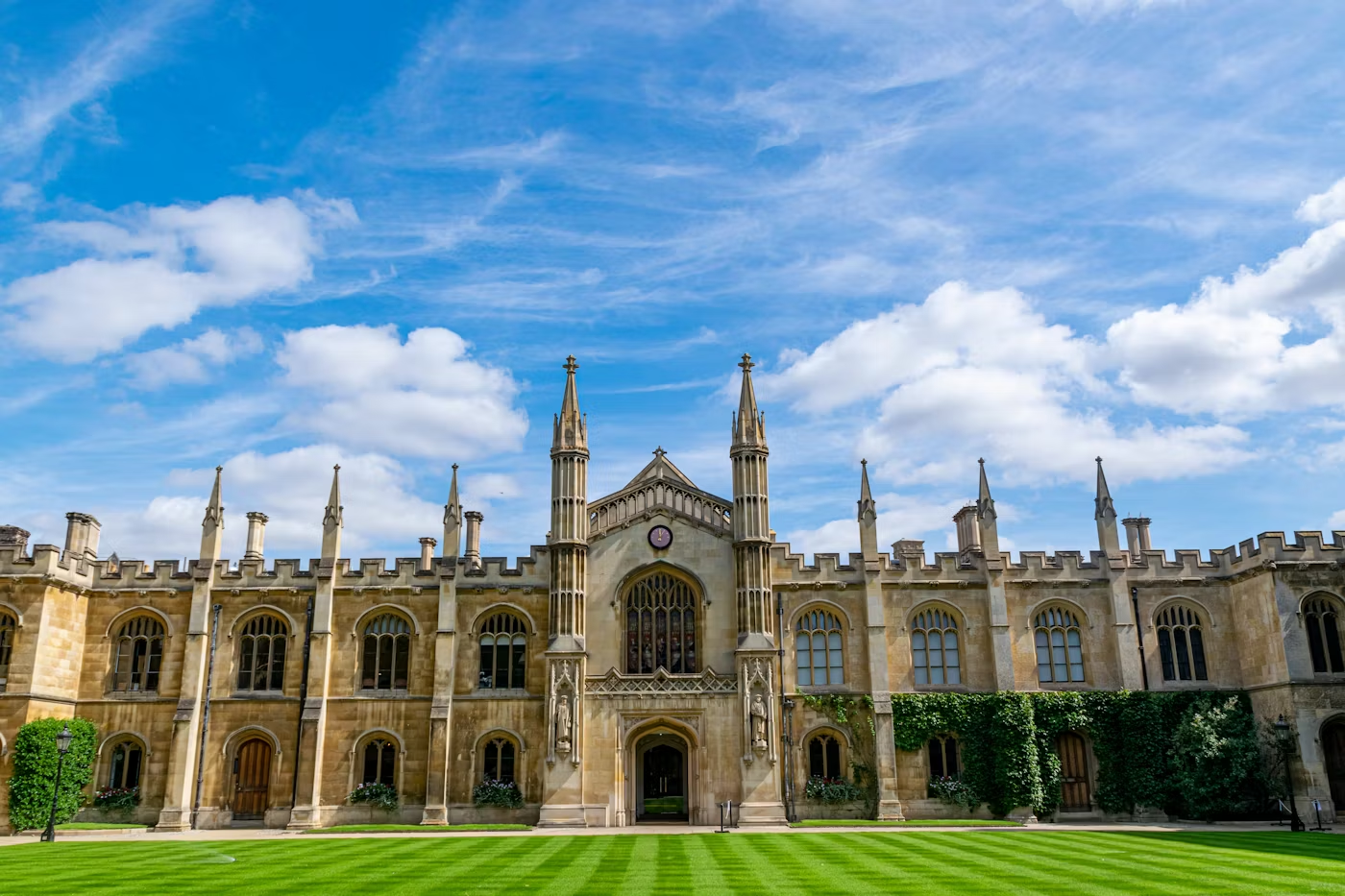Job hunting in this economy is rough, unless you’re a nepo baby. There’s nothing more deflating than finding out you lost out on your perfect role to someone that went to Oxbridge.
A report detailing the educational background of leaders in the UK has been published by The Sutton Trust this month, detailing exactly which jobs are being dominated by students from competative
Exploring social mobility, the report has detailed the educational circumstances of those holding some of the most influential roles in the country at the minute. Given the wider push for diversity in the workplace, the results were somewhat surprising.
The report by Elitist Britain found that careers held by the “elite” are five times more likely to be held by those from Russell Group universities, and 21 times more likely to be held by Oxbridge graduates.
Elite is defined by two categories in the report:
- Roles with the highest prestige and wealth, which are among the most coveted in society.
- Roles with substantial power and influence over people’s lives, making decisions that affect all of us day to day.
There are a number of “elite” professions that are almost completely dominated by Oxbridge alumni, with figures showing percentage changes from the last survey done in 2019. Perhaps surprisingly, the top three roles all saw a considerable increase in graduates filling up the professions pool.
Here are the top 10 roles with the highest Oxbridge attendance:

via Unsplash
-
Special advisers – 33 per cent
-
House of Lords – 36 per cent
-
Think Tank senior staff – 37 per cent
-
Cabinet – 39 per cent
-
Political commentators – 41 per cent
-
Columnists – 43 per cent
-
Diplomats – 44 per cent
-
Shadow cabinet – 56 per cent
-
Permanent secretaries – 66 per cent
-
Senior judges – 75 per cent
Interestingly, a number of professions have reported zero Oxbridge attendance, including football, cricket and women’s rugby. In Scottish parliament, only one per cent of people attended the universities, a rather impressively low score.

via Unsplash
The report also noted that 14 per cent of FTSE100 CEOs were Oxbridge educated, and within media industry only 12 per cent of journalists were from working class backgrounds.
Nick Harrison, chief executive at the Sutton Trust, introduced the findings by discussing the changing landscape in Britain that has altered the workplace environment since their first report in 2014.
He noted “the most influential roles.. continue to be dominated by the privately educated and graduates of the most prestigious universities” and that “Sutton Trust research has found time and again that young people from less well-off backgrounds miss out on opportunities in education and employment that more privileged youngsters take for granted.”
The report lays out a number of recommendations to the government, in order to alter these figures and give more social mobility to those from state educated backgrounds. It includes: Adding social class as a protected characteristic, ban unpaid internships over four weeks, require employers to report on the socio-economic background of their workforce and widen access to careers guidance.
Nick “calls for a Britain where opportunity is open to all, and where our leaders better reflect the country they serve.”
Speaking to The Guardian, Carl Cullinane, the director of research and policy at the Sutton Trust, said “social class is not included” too frequently in the conversation of diversity.
He went on: “Making the most of talent, wherever it comes from, means employers can move beyond a narrow cohort of candidates from the most advantaged backgrounds. This can be a win-win for employers, society, and the economy.”
Featured image via Canva
